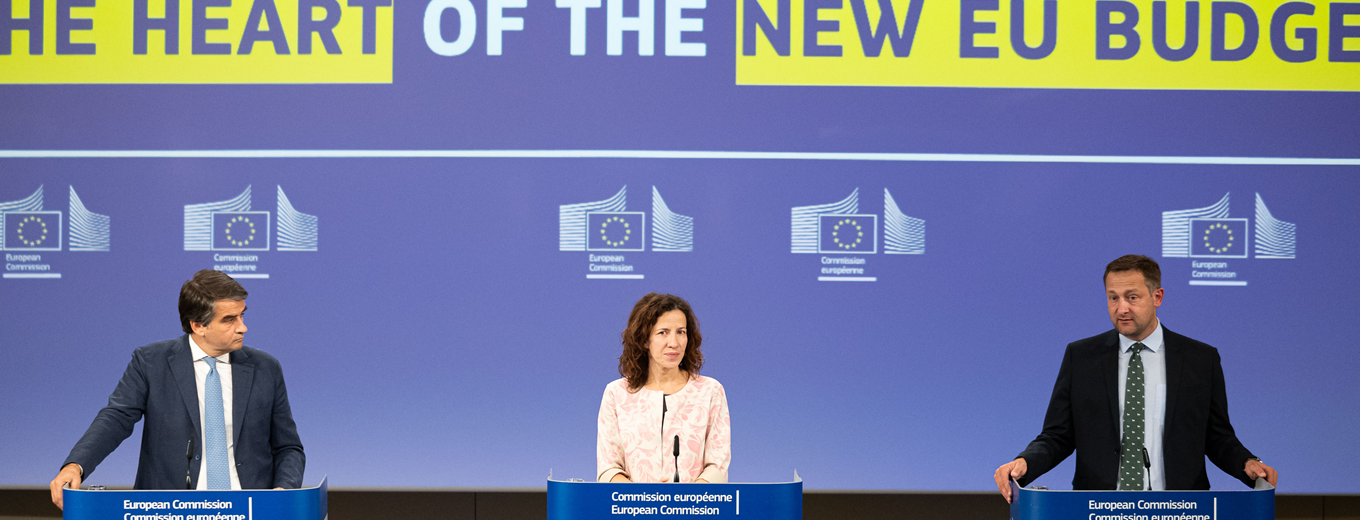The proposal for Erasmus+ 2028-2034 builds on the existing programme with structural reforms, increased funding and a stronger focus on flexibility.
On 16 July 2025, the European Commission published its proposal for the Erasmus+ (E+) 2028-2034 programme, the successor to Erasmus+ 2021-2027. The proposal builds on the programme’s legacy of promoting learning mobility, educational cooperation and youth engagement, but introduces innovations in structure, funding and strategy.
The next-generation initiative reflects a strategic realignment with the EU’s broader policy agenda of economic preparedness, including the newly introduced Union of Skills. The proposal is situated within a wider policy shift aimed at better aligning education with labour market needs. While the E+ (2021-2027) interim evaluation and E+ (2014-2020) final evaluation found the programmes effective and relevant, they also underscored ongoing challenges in administrative complexity and underfunding in meeting the growing demand. The proposed regulation aims to address these challenges for greater coherence, fewer overlaps and more adaptable funding structure. This is done partly by merging E+ with the European Solidarity Corps (ESC), proposing an overall budget of €40.8 billion, a 50% increase over the previous combined total (€26.2 billion for E+ and €1 billion for the ESC in the previous period). The proposal posits that through this merge, overlaps between the two programmes could be mitigated and synergies could be exploited.
While preserving many of the current delivery mechanisms, the regulation introduces structural reforms. The new programme is organised into two pillars. The first, Learning Opportunities for All, consolidates learning mobility (formerly Key Action 1) and volunteering opportunities (formerly ESC activities) under a single heading. It retains the core mobility schemes for higher education, VET, school and adult education, but also introduces new elements such as mobility for athletes. It integrates Erasmus Mundus and Jean Monnet actions. The second pillar, Capacity building support, merges the former Key Actions 2 and 3 to provide greater flexibility across sectors. The new structure aims to reduce fragmentation and create a more responsive programme, quickly adaptable to changes and emerging needs.
A notable innovation is the introduction of the possibility of partial association for third countries. The EC opens the door to more nuanced forms of participation that could allow countries to engage with specific actions without full integration. The regulation does not specify the scope or eligibility conditions for partial association, leaving uncertainty. This mechanism could be particularly relevant for Switzerland. The programme also introduces an international dimension, aimed at strengthening mobility, cooperation and foster closer ties with EU-candidate and potential candidate countries, while also aligning with broader EU strategies such as the Global Gateway, for example. No further detail or budget are mentioned in the regulation.
The regulation also emphasises synergies with other EU instruments, notably the European Competitiveness Fund (ECF) and Horizon Europe 2028-2034. While the ECF and E+ are both aligned with the Union of Skills, the regulation does not define concrete collaborative mechanisms or joint funding arrangements.
For Switzerland, the E+ proposal offers continuity. The retention of structures provides a predictable framework for ramping up activities in sight of the planned 2027 association. The current ambiguity around partial association requires clarification: While it may allow Switzerland to tailor its involvement in line with national priorities, partial association may only be open to EU candidate and neighbourhood countries. Lastly, the E+ regulation proposal will follow an ordinary legislative procedure, requiring both the Council of the European Union and the European Parliament to take position and subsequently negotiate and agree on a compromise text. Negotiations will start in the Education Committee of the Council under the Danish Presidency. The final regulation for the 2028-2034 period can only be adopted after the Multiannual Financial Framework (MFF) is agreed upon, with the aim of completing the process by the end of 2027 to ensure timely programme launch.

